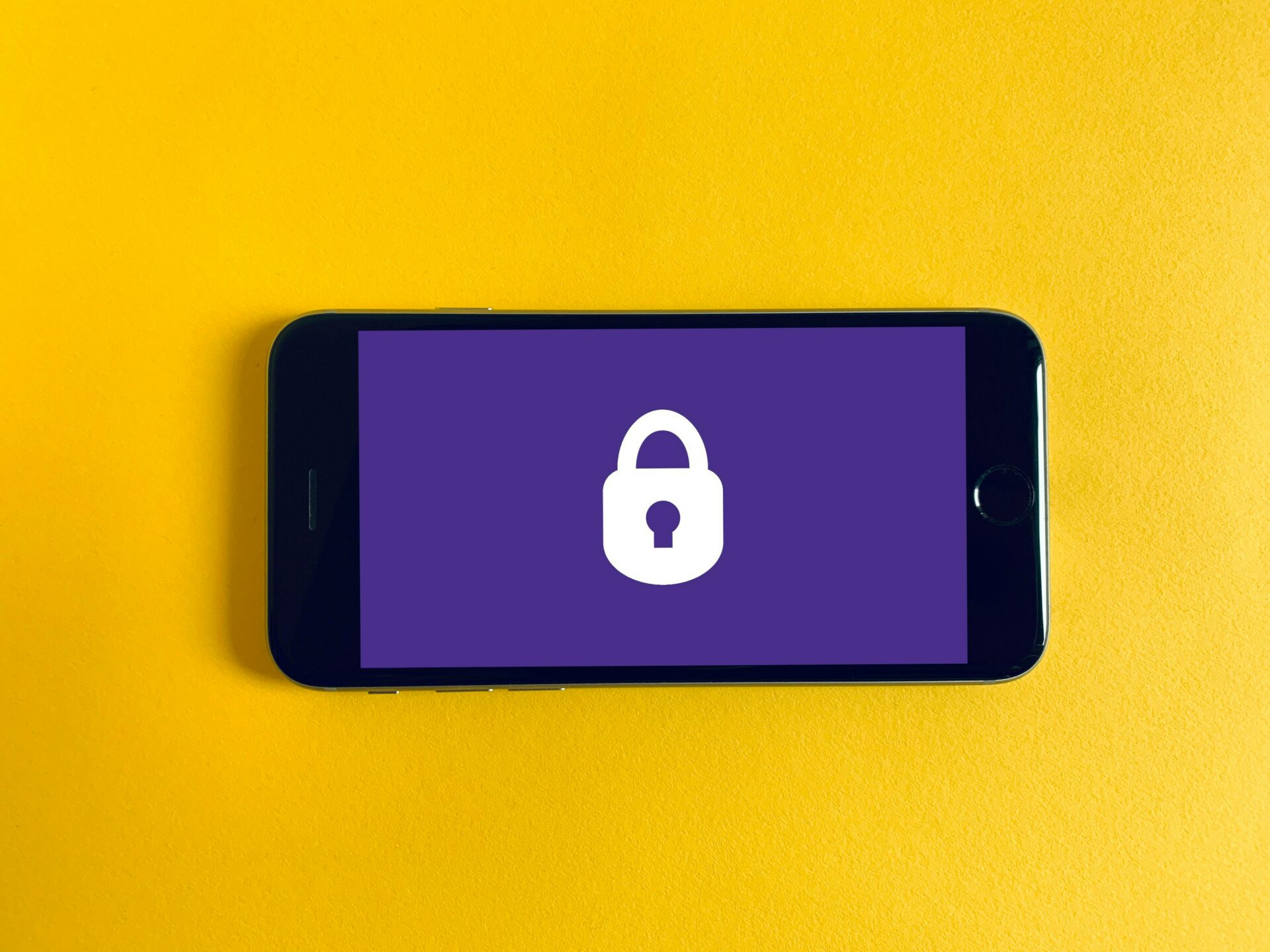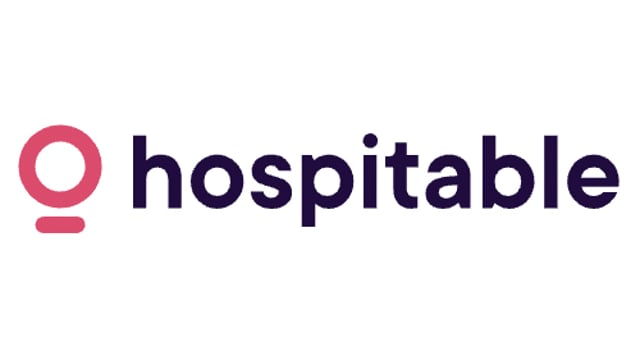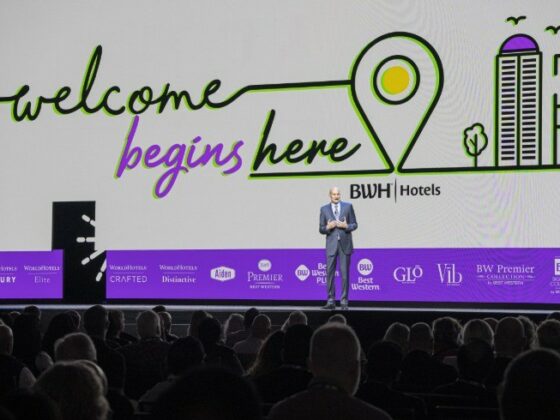
The hospitality industry stands at a critical juncture, driven by a growing demand for seamless, secure, and personalized experiences. From smart rooms and contactless check-ins to automated systems, hotels are rapidly embracing technology to remain competitive. However, amidst this pursuit of convenience, a fundamental aspect often receives insufficient attention: security. Access control solutions, forming the bedrock of these innovations, are of paramount importance.
Hoteliers, take note: in an era of heightened guest expectations and complex operational challenges, access transcends its status as a mere feature—it has become an indispensable necessity. It serves as the linchpin for guest protection, operational safeguarding, and staying ahead of evolving threats.
Why Access Security Matters More Than Ever
The repercussions of neglecting access security can be severe, impacting both reputation and profitability. Guests expect unwavering protection of their personal safety and data during their stay. A lapse in this regard is not merely an inconvenience; it constitutes a significant deterrent. Moreover, guests equate security with service quality. When they check into a hotel equipped with secure, intuitive systems—such as keyless mobile entry—it conveys a clear message: “Your comfort and safety are our priority.” Many prominent chains have been adopting mobile keys for some time, and the evolution of the digitized guest experience enhances convenience for both guests and staff without compromising security. These innovations facilitate personalized, fluid experiences, mirroring the expectation of today’s guests accustomed to in-home technologies.
Apple Wallet further propels this advancement by offering a highly secure, frictionless means for guests to access their rooms. With encrypted digital keys stored directly on a guest’s personal device, Apple Wallet eliminates the need for physical keycards—a common vulnerability in traditional access systems. This integration not only mitigates the risk of lost or stolen keys but also streamlines the guest experience. Checking in, unlocking a room, and accessing other hotel amenities can all be accomplished with a simple tap, providing a level of convenience and security that today’s travelers demand. Furthermore, Apple Wallet is emerging as the new standard for mobile key implementations at a lower cost than previous versions, as hotels are no longer required to develop a dedicated mobile application. Through web-provisioning, hotels can transmit mobile credentials directly to the guest’s mobile device, reducing barriers to mobile key adoption.
Operational Efficiency Through Smarter Security
For hotels, access control transcends a mere security measure—it empowers business operations by leveraging connected systems that are intuitive for operations and facilitate seamless guest flow and property utilization, enhancing productivity while minimizing labor expenses. Additionally, collaborating with partners who prioritize flexibility of integration over a single-provider approach empowers operators to select and integrate the partners and touchpoints within the technology stack that are most valuable to their guests and overall business.
But the benefits extend beyond this. Access control technology provides valuable data insights. Hotels can identify high-traffic areas, optimize staffing, and even anticipate maintenance needs proactively. This level of insight empowers operators to make more informed, expeditious decisions, maximizing both productivity and guest satisfaction.
Supporting Sustainability Goals
Sustainability is no longer an optional consideration—it has become a core expectation for travelers. Access control systems can contribute to these goals in ways that traditional security measures cannot. By integrating with energy management systems, they enable more efficient resource utilization. For example, they can automatically adjust lighting and temperature based on room occupancy or signal when amenities can be powered down. This reduces energy consumption, lowers costs, and aligns with guests’ values. Moreover, an increasing number of hotels can leverage their existing infrastructure to enhance the connectivity of their IOT devices, making it more cost-effective to capitalize on these features.
The Path Forward: Prioritize Security, Build Trust
The future of hospitality lies in proactive—not reactive—approaches. Hoteliers who prioritize access control solutions today will be better positioned to handle tomorrow’s challenges. Beyond safeguarding assets and guests, these investments foster trust and loyalty. They also differentiate brands in a competitive market where travelers have an abundance of choice.
Access security is not merely a technical upgrade; it represents a strategic imperative. By adopting robust, integrated systems, hotels can offer safer, smarter, and more sustainable experiences that resonate with modern guests. For an industry founded on service, there is no better investment than the peace of mind and confidence that comes with enhanced security.
About the Author
Darien Long is the Senior Vice President, Specialty Access Control Solutions for dormakaba North America. She has extensive experience with hospitality software, the guest experience, and hotel operations. In addition, Darien is active in the security and hospitality industry, speaking at events on credential management and human trafficking.







